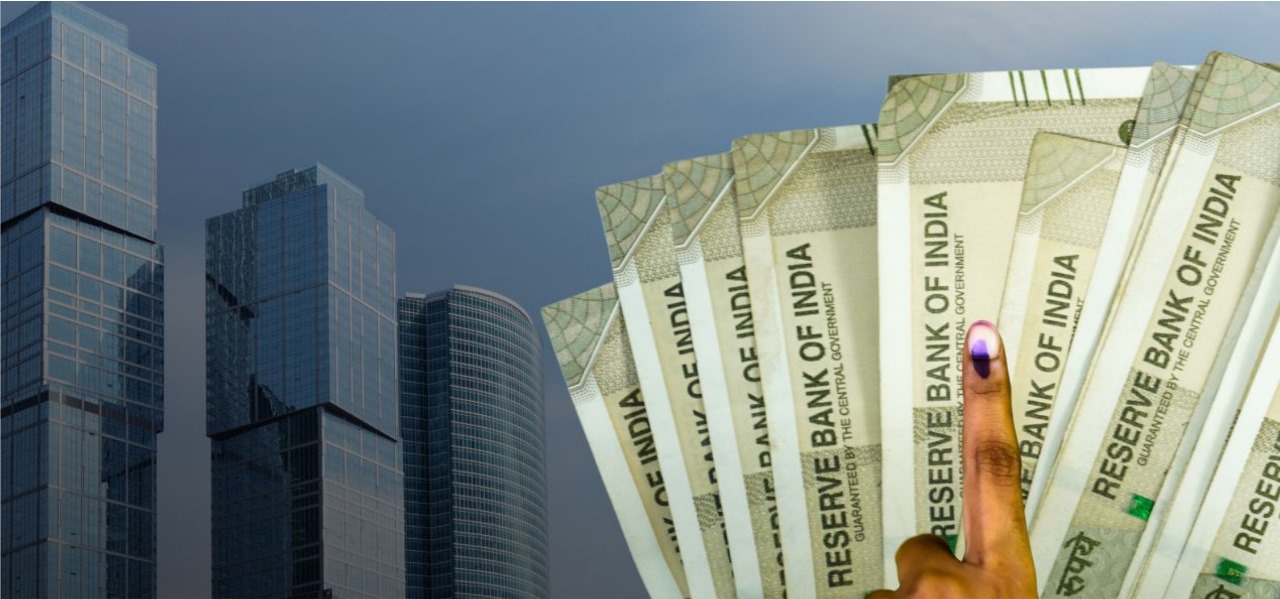

The decisive poll results in 2014 and 2018 general elections leading to political stability, helped push reforms, in turn boosting the housing market. Today, in a run up to the 2024 general elections, there are clear signs pointing to yet another decisive poll verdict, brightening the prospects for another peak year in housing.
General elections and residential real estate appear closely linked – at least, that is what the data pertaining to previous two election years’ trends indicate. Both 2014 and 2019 election years saw housing sales create new peaks. In 2014, sales in the top 7 cities scaled up to approximately 3.45 lakh units while new launches were the highest ever at nearly 5.45 lakh units. Likewise, in 2019, housing sales shot up to nearly. 2.61 lakh units while new launches increased to about 2.37 lakh units after a lull in the residential real estate market between 2016 and 2019.
Major structural reforms like DeMo, RERA, and GST, introduced in 2016 and 2017, transitioned Indian real estate from a wild unregulated frontier to a more organised and regulated market. Most fly-by-night developers have exited the market since then and organised players have emerged in strength, significantly reviving confidence among homebuyers. Says Anuj Puri, Chairman, Anarock Group, “A major factor driving the housing market’s phenomenal performance in 2014 and 2019 would have been the decisive election results. For homebuyers, it was an end to fence-sitting and gaining confidence for a home buying decision “.
On examining the price trends in these election years, it emerges that 2014 was a better year than 2019. Anarock data indicates that in 2014, the average prices in the top 7 cities rose by over 6 percent annually against the preceding year – up from Rs 4,895 per sq. ft. in 2013 to Rs 5,168 per sq. ft. in 2014. As for 2019, average prices rose by merely 1 percent annually – up from Rs 5,551 per sq. ft. in 2018 to Rs 5,588 per sq. ft. in 2019.
India’s residential real estate sector witnessed a major slowdown between 2016 to 2019. The major market shake-up brought on by policy reforms between 2016 and 2017 was followed by the NBFC crisis post the IL&FS issue in 2018. This caused considerable turmoil in the residential real estate industry. From 2019 onwards, the first green shoots of revival were temporarily dampened by the pandemic in early 2020. Thereafter, against all expectations, the housing market went into overdrive from 2021 onwards and the momentum continues till date.
How will the current election year -2024 pan out for the Indian housing market?
“As things stand now, all signs currently favour the residential market in 2024, and the year can well create another peak in housing sales and new launches,” says Puri. “Housing demand continues to be upbeat across cities after the announcement of the election dates, with homebuyers remaining highly optimistic about the real estate market.”
Factors Favouring a New Peak in 2024:
1
2
3
4
5
6